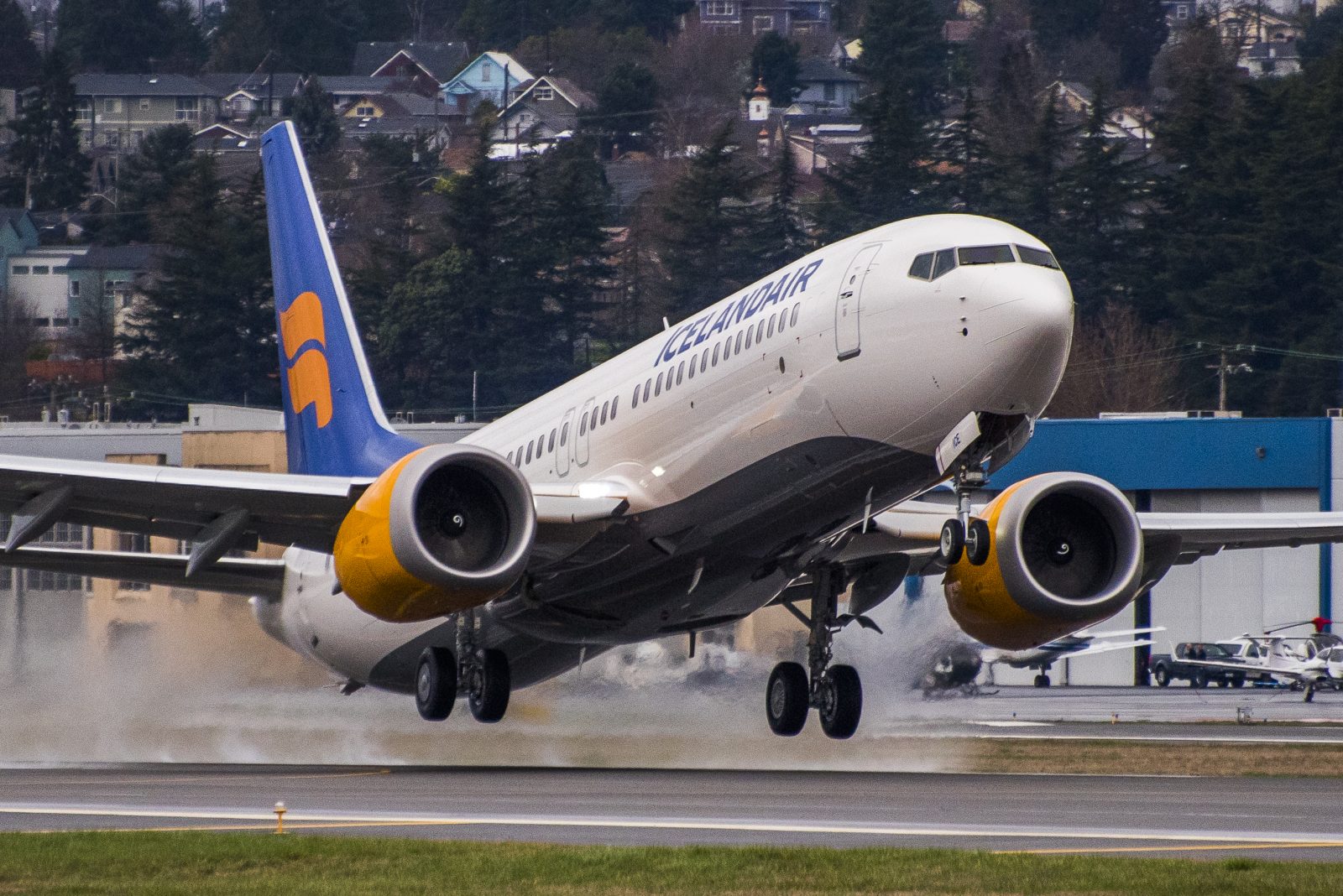
Pilots affiliated with the European Transport Workers Federation have hit out at their colleagues at Icelandair after they agreed to take over from cabin crew who had been dismissed in a mass-sacking. After failing to reach agreement over pay cuts, Icelandair said it would fire every single one of its nearly 1,000 strong cabin crew workforce last month and instead replace them with pilots who would have to undergo a quick training course.
In the end, Icelandair stepped back from following through with its threat and instead reach a deal with the cabin crew union in last-ditch talks. But along with making headlines around the world for all the wrong reasons over its handling of the crisis, the airline also faces far-reaching and longterm repercussions for this brinkmanship.
“We strongly condemn both the behaviour of the company – offensive both towards cabin crew and pilots – as well as the actions of the pilots,” blasted the ETF, a pan-Europe umbrella union that represents five million transport workers, on Friday.
“Indeed, the pilots did not reject the call of the company and instead made themselves available to undermine the position of the cabin crew and thereby put the professional image of pilots as well as safety standards at risk,” the statement continued.
There were already questions about how Icelandair was planning to train pilots in cabin crew safety and security duties within just a few days. Cabin crew normally undergo training courses that can take between 4-7 weeks and include critical elements like First Aid, fire fighting, and evacuation techniques.
Icelandair, however, had been planning to replace fully trained and experienced cabin crew with pilots with just three days notice.
Now the question is whether Icelandair’s handling of its dispute will lead to the irreparable damage to the relationship between cabin crew and pilots – and potentially affect safe operations.
For the time being, though, the focus is on keeping Icelandair afloat. Yesterday, the airline said it was continuing to negotiate with shareholders over a financial restructuring of the airline. In a statement, Icelandair also said it hoped to secure more compensation from aircraft manufacturer Boeing over the 737MAX debacle.
In the first six months of 2020, Icelandair lost $90 million after operating just 3 per cent of its normal schedule because of the COVID-19 pandemic. Bogi Nils Bogason, Icelandair’s chief executive said the airline had taken “difficult but necessary” measures in order to control costs.
Mateusz Maszczynski honed his skills as an international flight attendant at the most prominent airline in the Middle East and has been flying ever since... most recently for a well known European airline. Matt is passionate about the aviation industry and has become an expert in passenger experience and human-centric stories. Always keeping an ear close to the ground, Matt's industry insights, analysis and news coverage is frequently relied upon by some of the biggest names in journalism.







